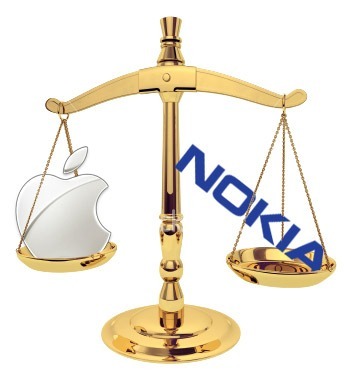According to an article by Kosta Peric recently posted on The Forbes, online security is becoming a key issue in the digital age of banking. A multitude of different banks offers online services, however some customers are still uncertain of the security aspect and hence prefer to do banking manually (by paying the bank a visit).
As most companies are slowly moving away from the manual handling of money and towards a fully digital process of banking, this poses a problem. Customers often make the decision of what bank to choose based on the online reputation of the bank. Therefore if the banks cannot provide services that are 100% secure, their customer base will shrink.
Do you believe that the issue of online security is exaggerated? This is not a new phenomenon, yet people still fear the concept of virtual money. How so?



 difficult task, yet the benefits could be crucial. With the uprising patent war between Samsung and Apple, the latter needs a significant change in strategy in order to secure its future. That’s where Nokia comes in.
difficult task, yet the benefits could be crucial. With the uprising patent war between Samsung and Apple, the latter needs a significant change in strategy in order to secure its future. That’s where Nokia comes in.